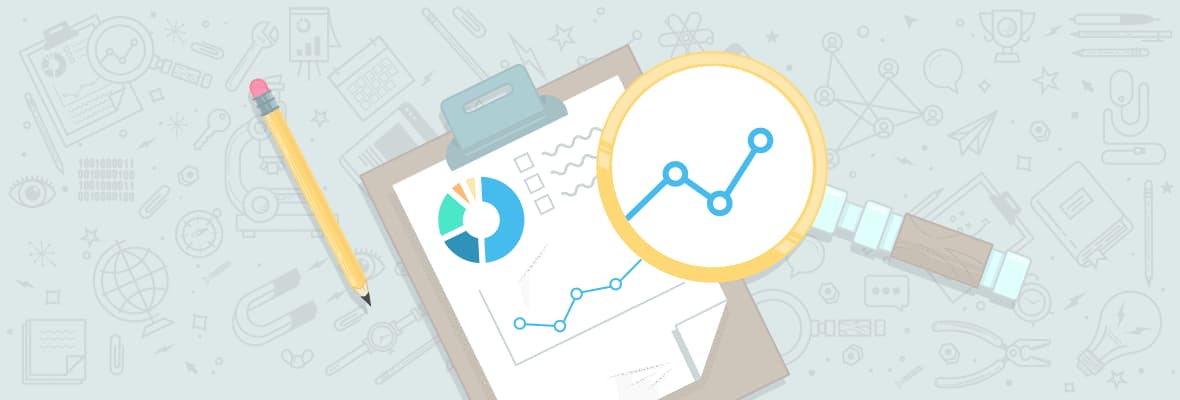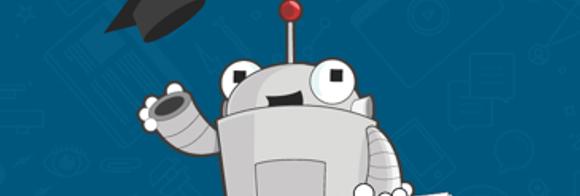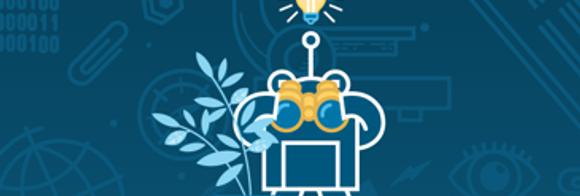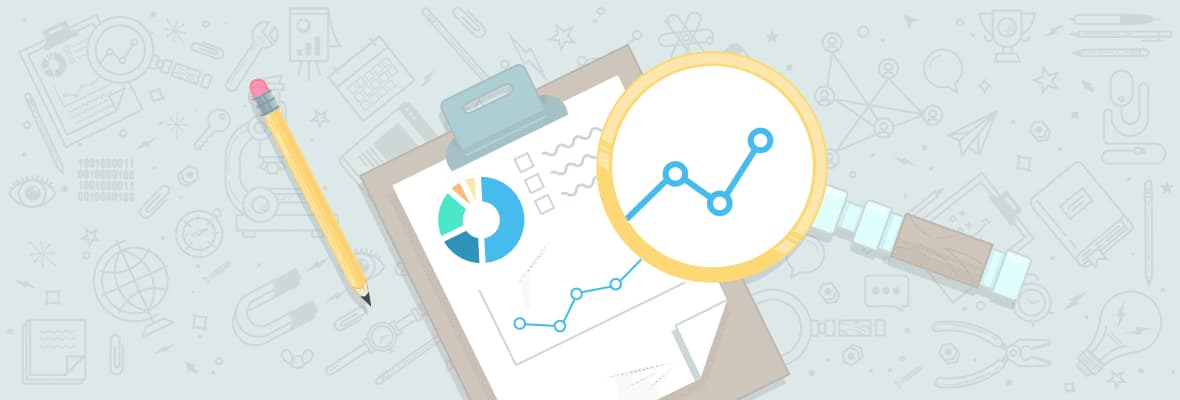
Search Engines
Understanding how search engines work, Google in particular, is important when working in SEO. The basics of crawling and indexing are amazingly useful to understand if you want to rank your own content.
Additionally, Google updates its algorithm several times a year. Understanding the more significant updates, and how they work, can help you to craft content and SEO strategies that are up-to-date.
We've written extensively about how search engines work, and included some of the top resources here. You can also browse the latest posts on search engines from the Moz blog below.
How Search Engines Work : New to SEO? Start with the basics of how search engines operate with our free beginner's guide.
Search Engine Ranking and Visibility : Learn the fundamentals of how search engines rank content on search engine result pages.
Google Algorithm Update History : A complete history of Google algorithm updates since 2000. This includes important links and references for understanding how Google works.
How Search Engines Value Links : Search engines work off a number of signals, but two of the most important are content and links. In this video, Rand Fishkin explains the basics of link evaluation.
MozCast : Is Google updating it's algorithm as we speak? MozCast is the Google algorithm weather report, so you can see how much Google results are changing each day.

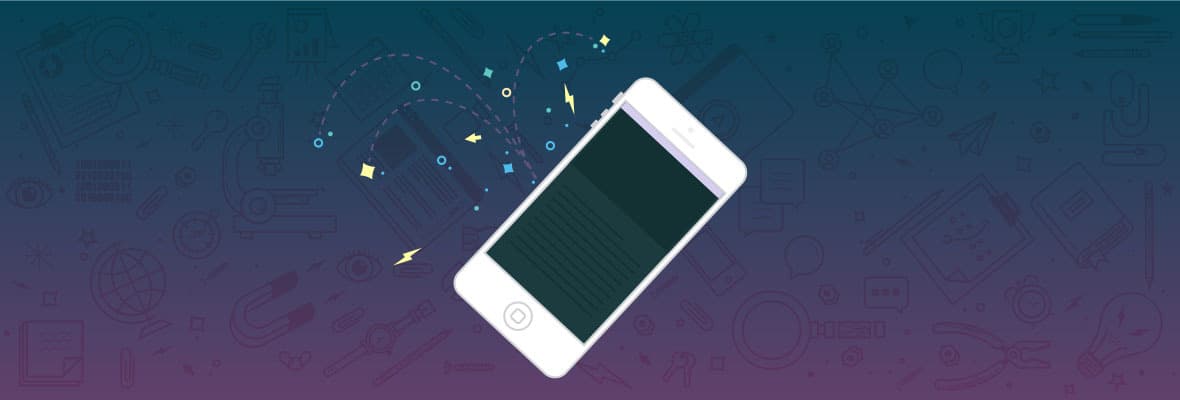
How Google's AMP Will Influence Your Online Marketing
Accelerated Mobile Pages are a big new change in mobile search. Get the low-down on just how they may positively and negatively affect your online marketing practices.Eye Tracking in 2016: How Searchers Interact with Mobile SERPs vs. Desktop
The mobile searcher sees the world pretty differently from the desktop searcher. New for 2016, Mediative offers insights from their eye-tracking study on mobile SERPs. Learn what you can do to boost your mobile visibility in those all-important top organic listings!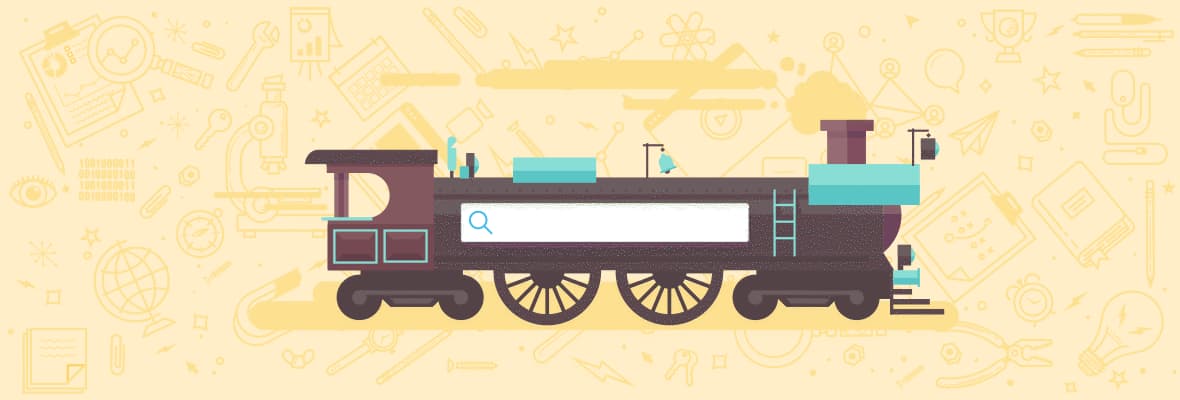
Four Ads on Top: The Wait Is Over
In the past 2 weeks, Google AdWords top ad blocks with 4 ads jumped from 1% to 36%, and right-column ads have disappeared entirely (moving to the bottom-left position).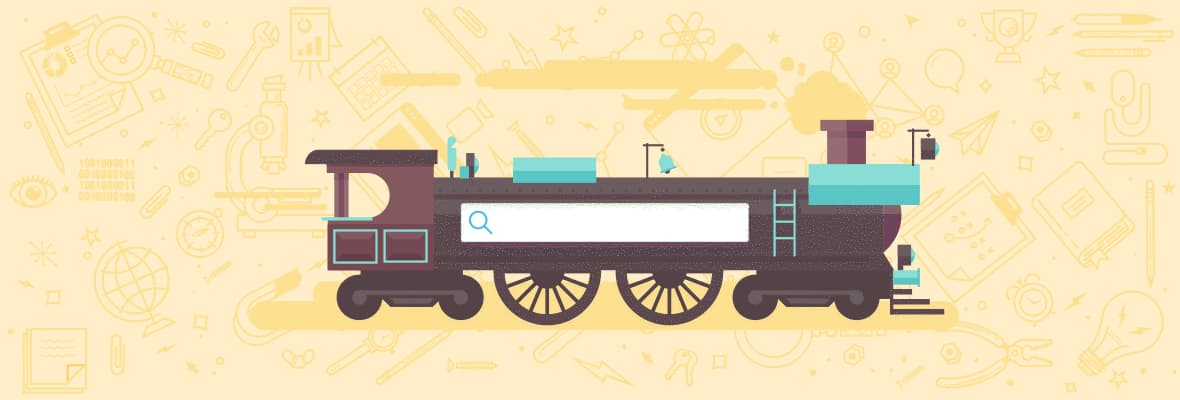
Here’s How App Store Optimization Can Work for Your Brand
The abundance of apps within the Apple App Store and the Google Play Store makes them both great and scary places to run a business. Despite the plethora of choices, however, a brand can find a home and thrive in the app store. However, it is the job of the app publishers and marketers to make that mission a reality through (a) higher engagements and conversions amongst app store visitor...
The Machine Learning Revolution: How it Works and its Impact on SEO
Machine learning is becoming more and more prevalent in the SEO industry, driving algorithms on many major platforms. In this post, Eric Enge reveals his discoveries, insights, and predictions from his research on machine learning, discusses its influence on SEO, and introduces a machine learning tool he built to predict the chances of a retweet.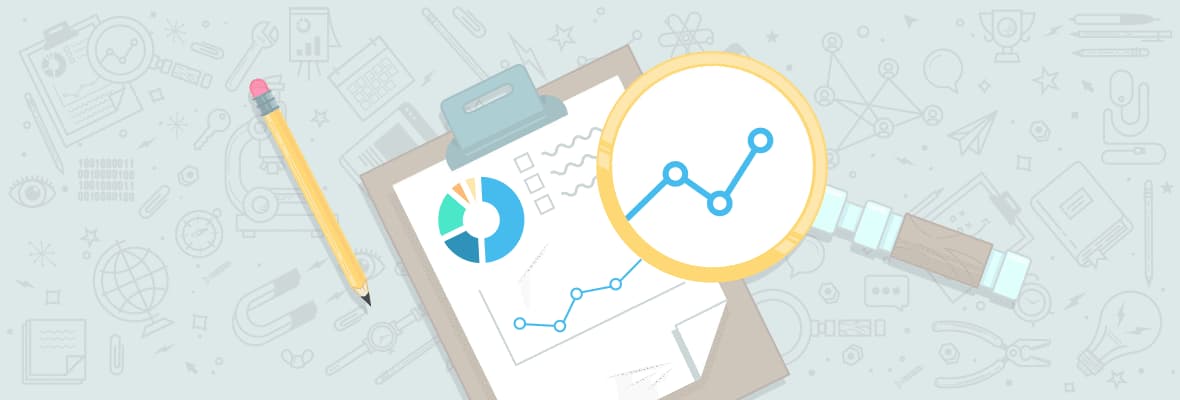
The Most Important Things We Learned About Google's Panda Algo
The SEOsphere has been abuzz with talk about Google's Panda algorithm recently. Jen Slegg, founder and editor of The SEM Post, reveals the key new takeaways from Google's own experts about Panda, and highlights actionable advice that SEOs can put into place right away.
Is Google Judging You Based on a Template?
Is there another factor at work affecting your rankings? In this post, Aaron Friedman presents the idea that Google may be segmenting search results by industry and type of content, and offers up the results from three case studies and provides advice for how to work within the confines of a template you don't fully control.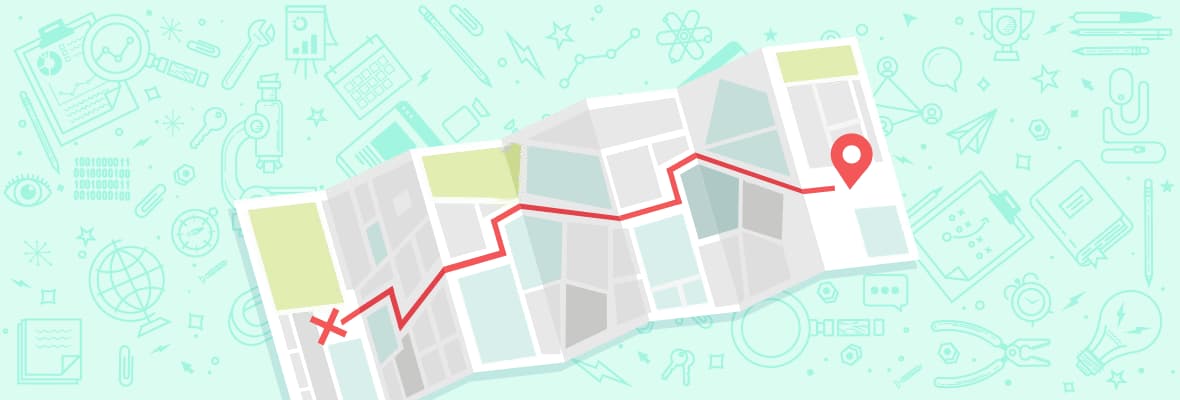
What Big Brands Need to Know About Google's Filter
If you do SEO for a brand that has multiple locations and offices, you'll want to pay attention. Using Google's &filter=0 could make the difference in your local SEO management.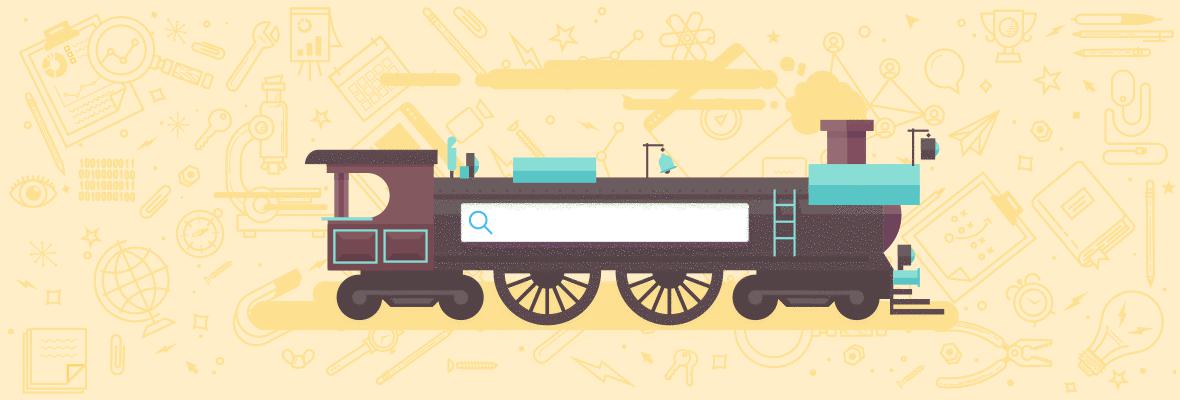
Related Questions Grow +500% in 5 Months
In the past 5 months since their roll-out, Google's Related Questions ("People Also Ask") have grown over 500%. This post details their growth and evolution.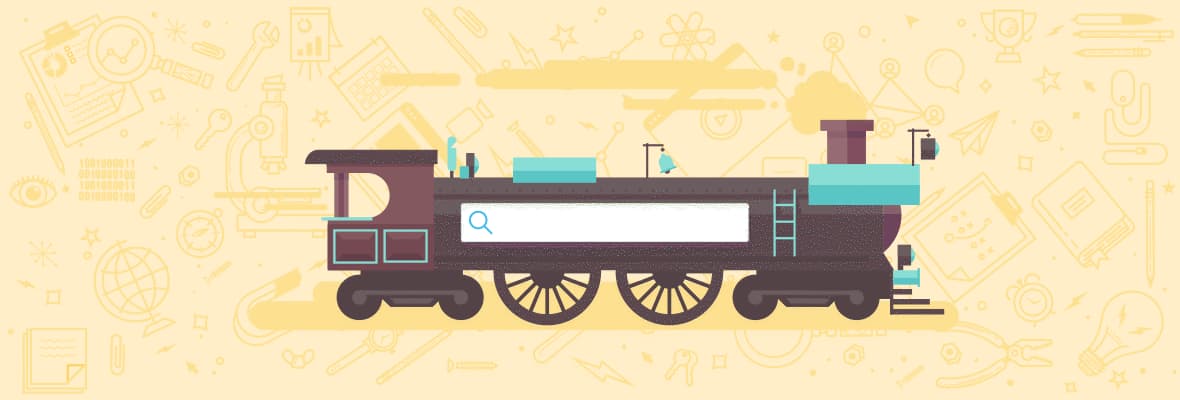
MozCast's Year in Review (Infographic)
What were Google's most volatile days of 2014–2015, and what algorithm updates did you miss? Two years of data from the MozCast project, visualized.